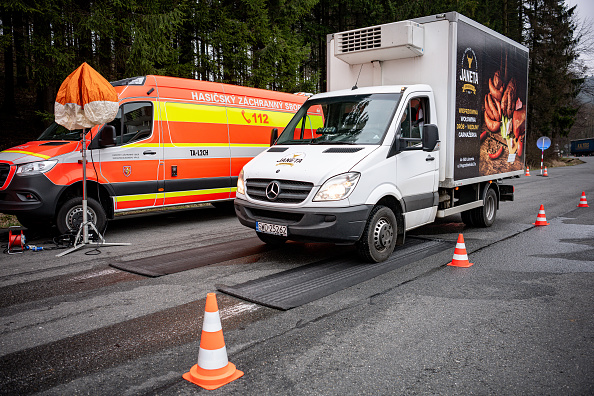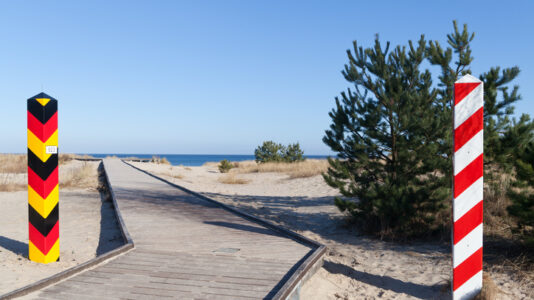There is a foot-and-mouth epidemic, and now eight border crossings between Austria and Hungary have been closed and various restrictions in place, including at smaller Slovak-Hungarian border crossings in the Bratislava, Nagyszombat and Nitra regions.
Hungary announced its first case of foot and mouth in over 50 years just last week, with some 3,500 cattle said to be affected in the northwest of the country, according to Euronews. Slovakia has also reported several cases.
Alarm bells were set off when footage of a mass grave of cattle carcasses was posted online, with villagers worried the disease could get into their water supply.
Thousands of farm animals buried near the Austria-Hungary border due to a foot-and-mouth disease outbreak in Levél. Swift action taken to contain the spread. #FootAndMouthDisease #Levél #AnimalHealth #AustriaHungary pic.twitter.com/3waelbESIx
— Dr. Subhash (@Subhash_LiveS) April 5, 2025At larger border crossings, vehicles are allowed to pass after disinfection at the gatekeepers at the Rajka, Vámosszabadi, Komárom, Esztergom, and Parassapuszta border stations, reports Mandiner.
Earlier this morning, a 5-kilometer queue had formed at Sopron, at the exit point on highway 84, with vehicles having to wait up to 50 minutes to get through; the line extended all the way back to the M85 motorway, they added.
The congestion at the Fertőrákos border crossing was 5 kilometers long, and at Kőszeg, some 3 kilometers long.
Hungary’s National Police Headquarters announced on Sunday that due to the foot-and-mouth infection, border traffic had been suspended at some border crossings on the Hungarian-Austrian border since Saturday, with longer wait times to be expected.
Thousands of cattle have already been put down and measures are in place to contain the outbreak as swiftly as possible.
Last month, Germany finally declared itself free of the disease after announcing an outbreak in January.






